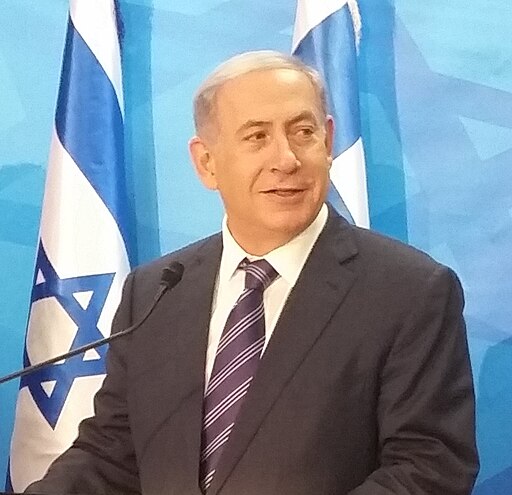A potential cease-fire deal offers a way to end nearly 10 months of conflict, focusing on humanitarian relief rather than political negotiations
Israeli Prime Minister Benjamin Netanyahu faces a critical moment that could prevent a devastating regional war. Amid rising tensions and fears of a broader conflict, Netanyahu is contemplating a cease-fire deal with Hamas. This potential agreement, aimed at ending nearly 10 months of continuous violence, centres on immediate humanitarian needs rather than addressing long-standing political issues such as Israeli settlements or the establishment of a Palestinian state.
The conflict has escalated in recent months, with intense violence affecting both Israelis and Palestinians. The situation has drawn widespread international concern, and the spectre of regional escalation looms large. Analysts are debating whether Iran will take direct action against Israel or rely on its proxy forces to carry out attacks. The uncertainty has heightened fears of a full-scale regional war, with potential ramifications for neighbouring countries.
Embed from Getty ImagesNetanyahu’s proposal for a cease-fire is designed to achieve specific, tangible outcomes. The primary objectives of the deal include securing the release of hostages held by Hamas and bringing an end to the ongoing military conflict. This approach allows for immediate relief without delving into the more contentious issues that have long been points of contention between Israel and Hamas.
The proposed cease-fire deal avoids the need for complex negotiations on settlements and Palestinian statehood. Instead, it focuses on practical goals that can be achieved relatively quickly. By prioritizing humanitarian concerns, Netanyahu aims to address the immediate needs of affected civilians and reduce the risk of further violence. The deal could potentially stabilize the situation and prevent a broader conflagration that would have severe consequences for the entire region.
Key players in this scenario include Netanyahu and Hamas leaders, whose cooperation will be crucial for the success of the cease-fire. The deal’s success will hinge on both sides’ willingness to adhere to its terms and to work towards a peaceful resolution of the conflict. The broader geopolitical context will also play a role, with various international stakeholders watching closely and offering support or mediation as needed.
Analysis:
Political: Netanyahu’s cease-fire proposal represents a pragmatic response to the immediate threat of regional war. By focusing on achievable objectives rather than complex political negotiations, Netanyahu aims to stabilize the situation and prevent further escalation. This approach could enhance Netanyahu’s domestic and international standing, showcasing his commitment to resolving the conflict through diplomatic means. However, the lack of progress on broader political issues, such as settlements and statehood, may leave unresolved tensions that could resurface in the future.
Social: The potential cease-fire deal reflects a broader societal debate about the effectiveness of military solutions versus diplomatic approaches to conflict resolution. By prioritizing humanitarian relief, Netanyahu addresses immediate civilian needs and seeks to mitigate the suffering caused by the prolonged violence. The deal may also influence public opinion, potentially swaying individuals who are concerned about the ongoing humanitarian crisis and the impact of the conflict on daily life.
Racial: The conflict has significant racial implications, particularly concerning the treatment of Palestinians and the broader Arab-Israeli dynamic. The proposed cease-fire may affect perceptions of racial justice and equality in the region. While the deal does not directly address issues of racial discrimination or inequality, its focus on humanitarian relief could indirectly impact discussions about the treatment of different racial and ethnic groups within the context of the conflict.
Gender: The impact of the cease-fire on gender dynamics within the conflict zone is a crucial consideration. Women and children are often disproportionately affected by conflict, facing heightened vulnerabilities and challenges. The proposed cease-fire could provide some relief to these groups by reducing violence and improving access to humanitarian aid. However, the broader issues of gender inequality and the role of women in conflict resolution remain important aspects that the deal does not explicitly address.
Economic: The ongoing conflict has significant economic implications for both Israel and the Palestinian territories. The potential cease-fire could help stabilize the region economically by reducing the immediate costs associated with the conflict, such as damage to infrastructure and disruptions to trade and daily life. A cease-fire may also create opportunities for economic recovery and development, although the long-term economic impact will depend on the broader resolution of political and territorial issues.
